These are the top 10 greatest British actors of all time
They're our greatest export — and here are the best of the best
“All the world’s a stage”, Shakespeare once wrote (English chap, by the way.) But it’s Britain that’s long been basking in the limelight. There’s something about the Britisher tongue and disposition that seems to lend itself so well to the funny old craft of acting — sat halfway between the romantic energy of the southern continent and the great, impressive stolidity of the northern europe plains. Our actors are our last great export — their clipped yet languid tones our only extant empire (and quite right, too.)
The great cliche of the British actor of old was that he only ever played the baddy — but that was only ever because the baddy was so often complex and rich; conflicted, messy, intriguing, deep. And frankly, a Californian hunk with a dimple and a ‘howdy’ simply couldn’t handle that level of nuance. Nowadays, though, we’re everywhere, of course — stealing your Oscars and marrying your starlets. A British accent is the lingua franca of the modern fantasy realm, while every rom-com, or moody drama, or splashy awards ceremony is given a touch of second-hand class, perhaps, by the presence of a Brit. As our standing in the world trickles ever lower, of one thing we can be sure — our actors are the best on the planet. And here are the best of the best.
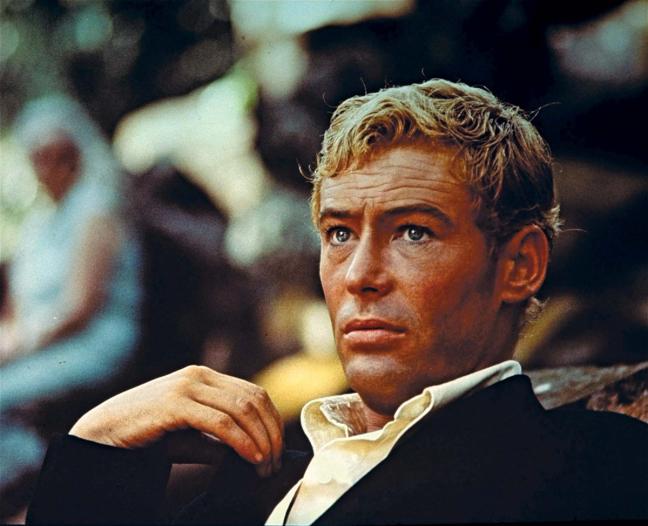
Peter O'Toole
Peter O’Toole was an enigma on the stage, and a hellraiser off it. The veteran actor — who Katharine Hepburn, a longtime collaborator, described as “profligate with his talent” — could veer between the sublime and the ridiculous, it sometimes seemed, from night to night. With his electric blue eyes, gangly height, and haunted-but-childlike expressions, he seemed thrilled by the sheer idea of theatricality, and the potential of a role — and his most famous turn, as Lawrence of Arabia in 1962, is a feverish masterclass in the trade.
He was fired from his early job in journalism for being too colourful in his prose, became an alcoholic as a teenager, and spent his youth as a brawler and a grifter, who never seemed to know whether he’d been brought up in Ireland or England (part of his self-made mythology.) But after hitchhiking to Stratford-upon-Avon as a young man to watch Michael Redgrave in King Lear, he knew that acting was the game for him. Sam Spiegel, the director of Lawrence of Arabia, said O’Toole had “probably the most heady blend of sensitivity and vitality I have known in an actor” — a sentiment that no doubt extended to his raucous, dysfunctional, but often poetic private life, too.
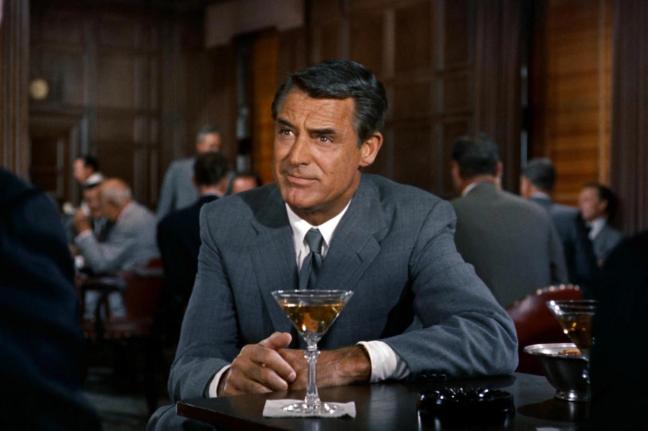
Cary Grant
In the days after his death in 1986, the New York Times did its best to sum up Cary Grant in a few words: “Devastatingly handsome, practically imperturbable and as elegant as a Cole Porter lyric,” they said, which has a certain knowing insouciance and charm all of its own. The English-American leading man — and we’re claiming him, because so many of his debonair, comic traits seemed so acutely British — was almost impossibly good looking: square-jawed, sparkly-eyed, but with a sweet softness, too.
But Grant’s true genius, they said, was how the star didn’t simply rely on his looks, but acted as if he were an ordinary man, and applied humour where others leant on smouldering sex appeal. As such, he was unusually adored by both men and women alike — a prototype husband, a dream older brother, a drinking buddy — uniquely classless, eminently likeable, supremely self-assured. (“Everyone wants to be Cary Grant—even I want to be Cary Grant”, the man once joked.) He was, perhaps, the most accessible and yet brilliant star of Hollywood’s entire Golden Era.
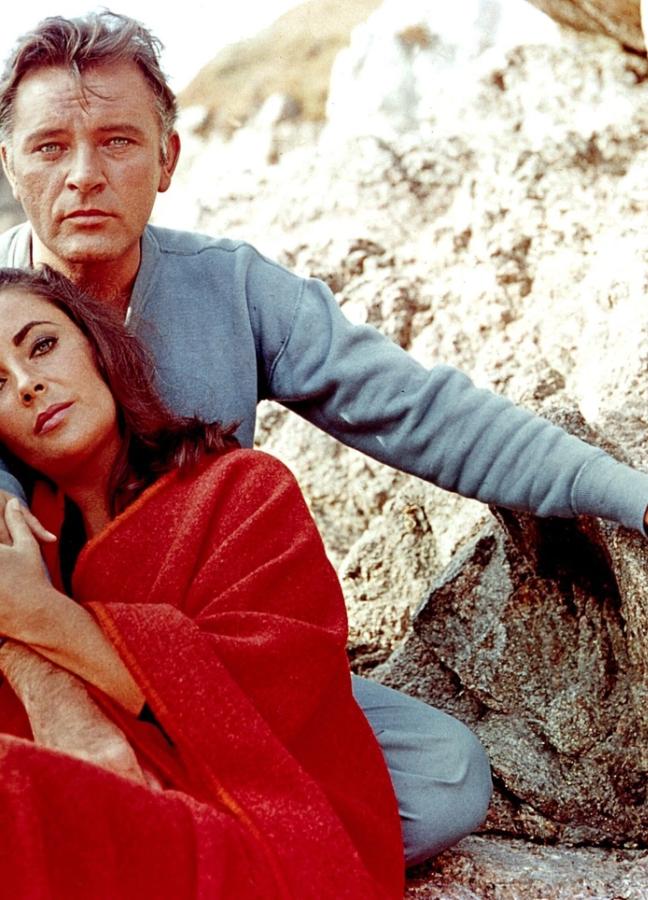
Richard Burton
Yes, there were the rugged good looks, the rakish personal life, the simmering gaze. But for Richard Burton, the true power lay in his voice. It had, according to John McPhee of Time magazine, “a tympanic resonance so rich and overpowering that it could give an air of verse to a recipe for stewed hare.” Even Burton himself referred to “The Burton Voice”, as if it were something outside him, something essential, something almost otherworldly. The Welsh actor, a titan of stage synonymous with Shakespearean grandeur, was dazzling but mercurial — a “monstrous perfectionist” and a “troubled spirit,” according to those those that knew him; the most nominated actor never to win an Oscar, and the most famous star never to gain a knighthood.
Known for his double marriage to Elizabeth Taylor, Burton will be longer remembered for a famous turn as Hamlet at the Old Vic (said only to be second in the pantheon to Sir John Gielgud’s) and his starring role in the likes of Who’s Afraid of Virgina Woolf? But his greatest even turn, he once said, had always been his own life. ”I rather like my reputation, actually — that of a spoiled genius from the Welsh gutter; a drunk, a womanizer. It’s rather an attractive image.”
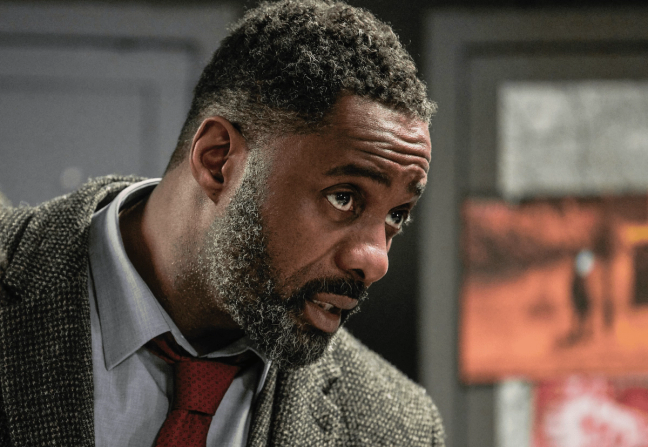
Idris Elba
Is there nothing that Elba can’t do? Actor, writer, producer, rapper, songwriter, DJ, winemaker, puppeteer. I made up that last one, of course. But you just know he’d pull it off if he tried his hand at it — and give the old Pinocchio routine a level of grizzled sex appeal and a glinting edge it never had before. Elba first came to prominence in The Wire, of course, as Stringer Bell — a brooding lieutenant in the Baltimore drug empire, and still to this day one of his landmark performances. There has been comedy, drama and horror since — all played with a unique Elban might and heft, it should be said — as well as a host of musical cameos and experiments. But with Elba, you sense that the towering whole is more than the sum of his parts — perhaps why Time named him in their 100 Most Influential People in the World in 2016.
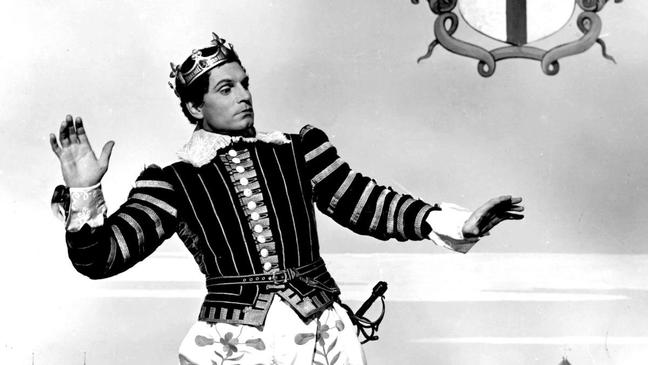
Laurence Olivier
Laurence Olivier was knighted in 1947 and earned a life peerage in 1970 — but it was on stage that he was a true prince; a stately lord of his own beguiling craft. The actor — synonymous now with the classical era of the stage, and with the Shakespearean roles he so memorably inhabited — enjoyed a six-decade career of genuinely astonishing distinction: as a movie star, an icon of theatre, and a garlanded director. Drama, it seemed, was in his bones. Olivier was a perma-polished natural, who nevertheless displayed bravery, rawness and boldness in abundance. ”He doesn’t act with the sort of caution and fear that some of the rest of us have,” Sir John Gieglud, his great rival and friend, once said. Best known, perhaps, for his clipped, boyish and brooding Henry V, his moving, pitch-perfect speech at Agincourt is still the gold standard.
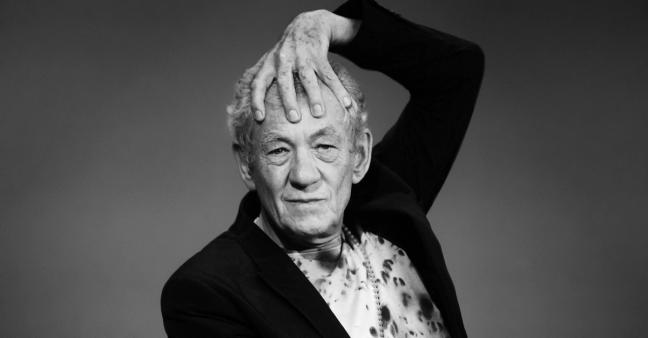
Ian McKellen
Ian McKellen has enjoyed a career that spans six decades, and it often feels as though it could span six more. Though now in his 82 year, McKellen somehow feels an ageless, boundless presence in our acting firmament. Shakespearean by trade (he is a rare recipient of every single major award in British theatre), he became a commanding, intriguing character actor in the 1980s and 1990s, jumping from comedy to drama with aplomb. Then, of course, there were the powerful leading roles — most notably, perhaps, as a booming Gandalf in Peter Jackson’s inescapable Lord of the Rings franchise. He is now the prototype of the White Wizard for all of us — and no-one reading the books will ever be able to shake his stormy brow and wizened smile from their mind’s eye.
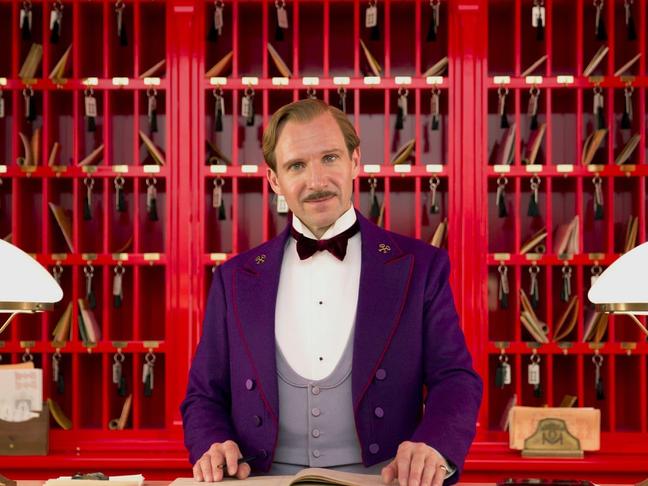
Ralph Fiennes
The Grand Budapest Hotel, one of the most original films of the past decade, sometimes feels as if it was built around Ralph Fiennes alone. Who else, after all, could fill a hotel concierge with such pathos, wit, elegance, ridiculousness, foolishness, intelligence, hardiness and stoicism, all at once? You bring in Fiennes to any venture, it seems, and the cinematic world begins to warp and fit to his singular specification. I am forever tickled by the scene in A Bigger Splash when — as a bellied, aging record man — he struts joyously about to Emotional Rescue by the Rolling Stones, dancing like nobody and everybody is watching all at once. He is endlessly, rubberily versatile, and yet always Ralph Fiennes: there’s his simmering Heathcliffe in Wuthering Heights, and his timeless Count Almasy in The English Patient — and then, right alongside it, the pathetically murderous Harry Waters in In Bruges, for example. Glorious, glorious, glorious.
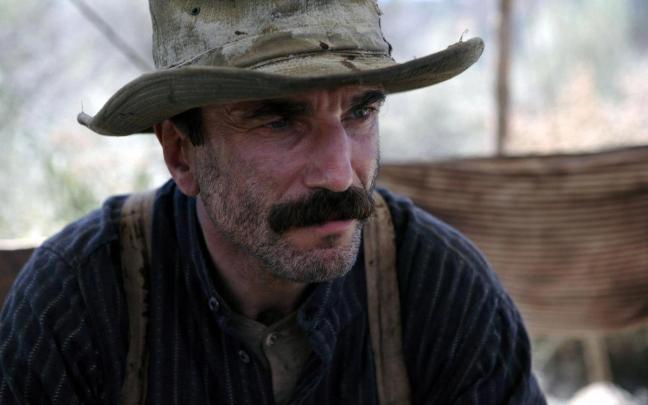
Daniel Day Lewis
Most actors don’t retire — they’re put out to pasture, or quit and go back to the day job. But Daniel Day-Lewis is a man in charge of his own destiny — the pinnacle of Hollywood brilliance, and yet one always outside of its graspoing orbit and grisly mundanities. And if he wants to step away — like some recluse poet, or genius savant — then he will. Three Academy Awards for Best Actor — the first person, and only man, to achieve this, by the way — somehow seems too little for Day-Lewis, who looks nailed down for an Oscar within seconds of his face appearing on the screen.
“There was something about him even then,” said his first acting teacher at Bristol’s Old Vic. “He was quiet and polite, but he was clearly focused on his acting — he had a burning quality. He seemed to have something burning beneath the surface.” A fierce proponent of method acting, he is beautifully, inspiringly dedicated to his craft — and his roles in The Last of the Mohicans, Lincoln, There Will be Blood and Room with a View seem all the more dazzling because we know there won’t be any others.
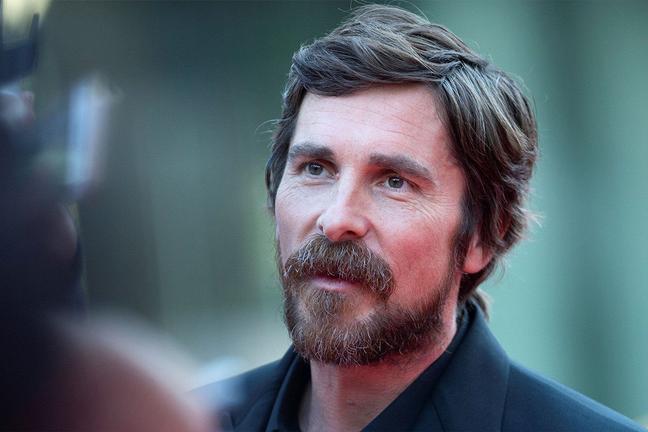
Christian Bale
Christian Bale is venerated for his dramatic physical transformations: he lost 60 pounds for his skeletal role as an insomniac in The Machinist, before rebounding to a rippling 220 pounds for The Dark Knight. But the physical side of things is just a symptom, really — the real genius is in the psychological transformation. Roger Ebert, on first seeing Bale in American Psycho, said: “he is heroic in the way he allows the character to leap joyfully into despicability; there is no instinct for self-preservation here, and that is one mark of a good actor.” You see those joyful leaps everywhere, with different degrees of subtlety: as a sweetly dysfunctional investing savant in The Big Short, for example, or as an ingenious, boar-like Dick Cheney in Vice. He is always a pleasure to watch.
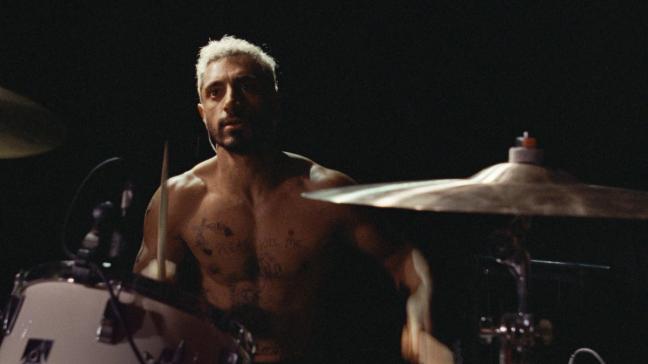
Riz Ahmed
Riz Ahmed is Britain’s finest modern export: a thoroughly nice man with abundant talent and a fearsome work ethic, who first rose to prominence in brilliant local products like Four Lions (where he plays the lead terrorist with startling pathos and warmth) before the Americans got wind of him and took him for themselves. Nightcrawler was an intense, fragile display — a superb counterpart to Jake Gyllenhaal’s unblinking traffic news reporter — while his role in The Night Of was nigh-on electric. But it’s the recent Sound of Metal which looks set to catapult him into the pantheon of greats — a tour de force, if ever there was one.
Read next: From Robert De Niro to Daniel Day Lewis, these are the best actors of all time

Become a Gentleman’s Journal Member?
Like the Gentleman’s Journal? Why not join the Clubhouse, a special kind of private club where members receive offers and experiences from hand-picked, premium brands. You will also receive invites to exclusive events, the quarterly print magazine delivered directly to your door and your own membership card.


